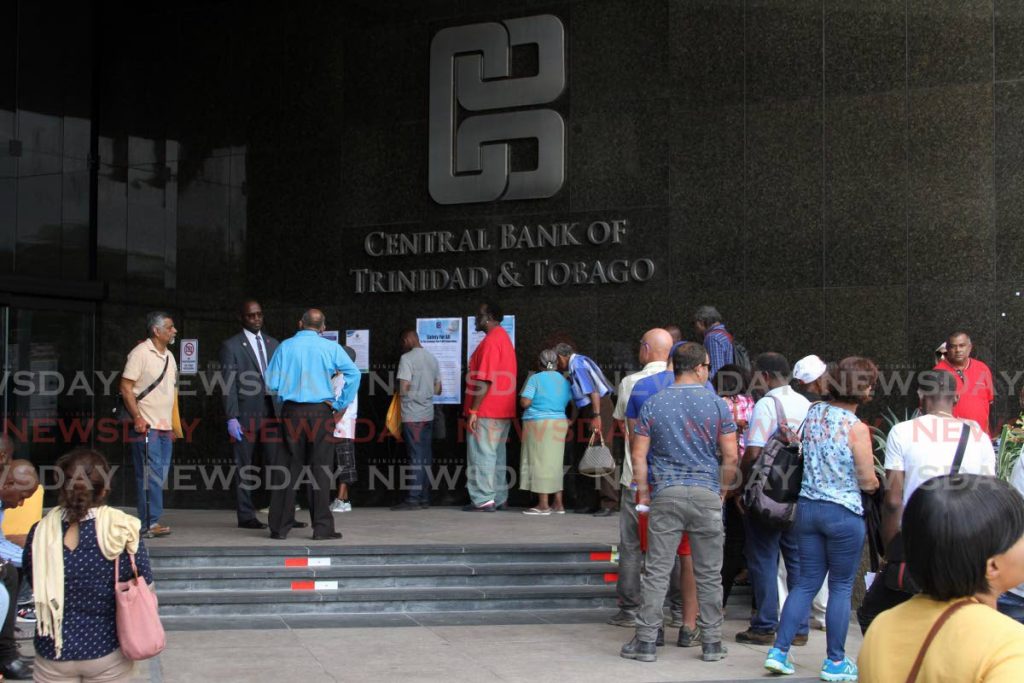Good question, Mr Mark

On Thursday, during a sitting of the Senate on the Miscellaneous Provisions (FATF Compliance) Bill 2020, Opposition Senator Wade Mark asked the question of the day.
Why, Mr Mark queried, was the Government trying to slip a reduction in the term of office of the Central Bank governor into the bill?
He also noted that the Government has appointed no deputy governors, and the position of the Inspector of Financial Institutions was currently held by someone acting in the position.
Why indeed?
The position of Central Bank governor is a significant one in the financial sector, with a responsibility to manage the monetary and financial stability of the nation's economy.
It is not a role that would benefit from high turnover (a factor which might also deter able candidates), and the sitting government has, in the past, demonstrated impatience with governors who declined to be rubber-stamp executives in the role.
The startling contretemps between Finance Minister Colm Imbert and former Central Bank governor Jwala Rambaran signalled a low point in the relationship between the Finance Minister and the Central Bank's governor, though Mr Rambarran’s missteps were significant.
The board of directors of the Central Bank benefits from an unusual confluence of capacity, with representatives from the private sector, the public service and the State, who with the governor, guide the critical daily business of the bank.
Many governors have played a critical role in managing financial crises. Victor Bruce, who served from 1969-1984, encouraged commercial bank growth and the establishment of capital markets. Under his tenure, the Stock Exchange, Unit Trust Corporation and Home Mortgage Bank were founded.
Dr Euric Bobb faced down a stagnating economy and outdated financial legislation, protecting depositors through the establishment of the Deposit Insurance Corporation.
William Demas oversaw a debt-relief programme with the IMF and guided a steady, measured economic stabilisation.
Not one of these initiatives was a three-year project, and there is, in the history of the management of the Central Bank, much to indicate the value of considered, professionally managed financial adjustment, guided by the best available financial expertise representing all sectors of the economy.
In 2020, with overdue changes under way to establish effective fintech guidelines and oversight, it’s time to encourage even greater independence in the Central Bank leadership, not pursue ways to limit and control its capacity to govern. These measures seem to be more than the expected state oversight of the Central Bank’s operations, and if the Government does not wish to be accused of weakening the capacity of the bank to manage the economy, an explanation of these unusual expressions of its intentions regarding the nation's financial authority demand thorough explanation.
Answer the question.


Comments
"Good question, Mr Mark"